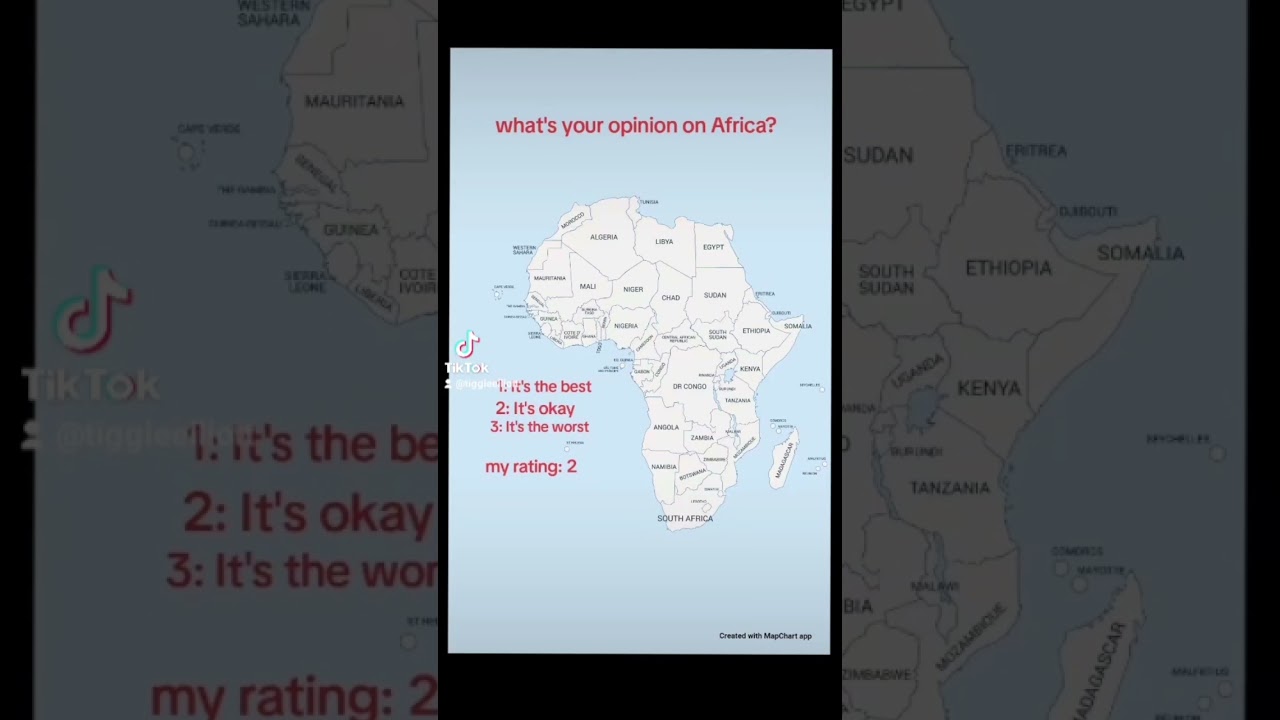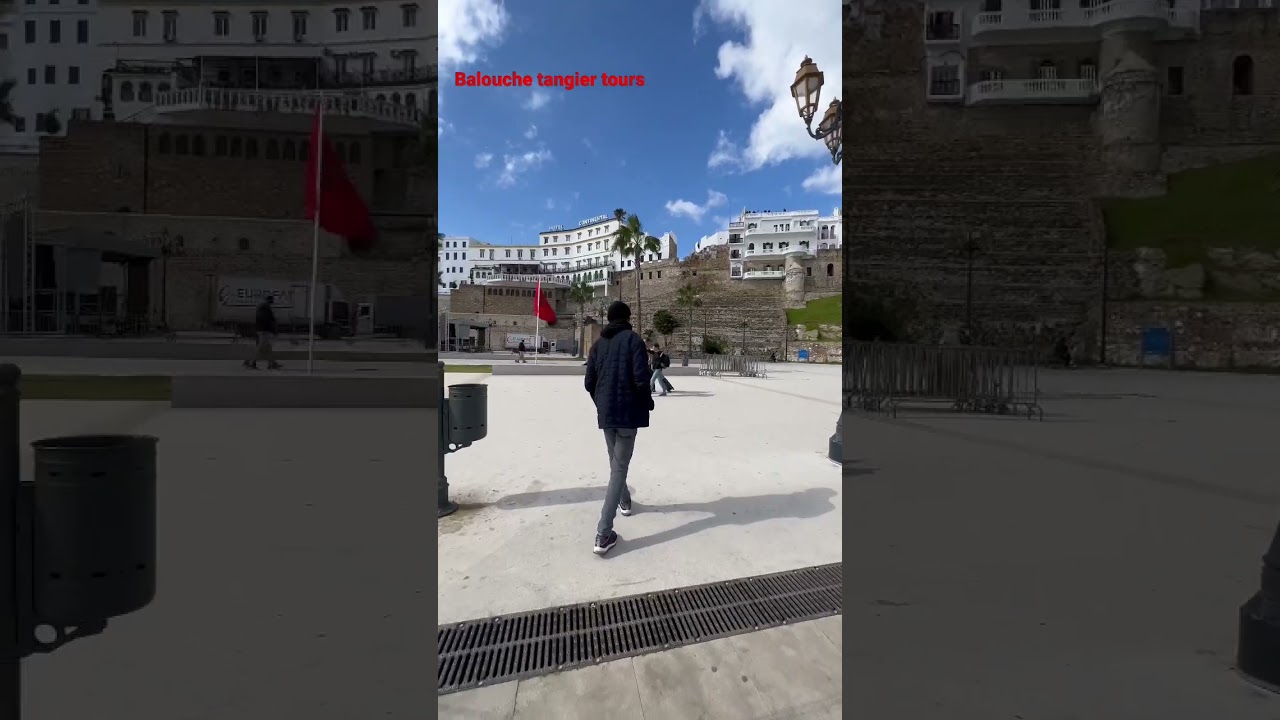what's your opinion on #africa #countryvideo #country #germany #america #ww2 #mongolia
E-commerce powers Africa’s quickly increasing vogue sector

Thirty-two-year-old Gambian economist Marie Ba used to purchase most of her garments on-line from British vogue retailer ASOS. However when she needed to replace her closet with some tailor-made wax print African clothes, she took an opportunity ordering via Ghana’s KIKI Clothes platform. “I used to be on the lookout for one thing nicely designed and fitted, and it’s pretty to help manufacturers based mostly in West Africa, whereas trying fairly distinctive of their items,” she says.
Inside 5 working days the garments have been delivered by DHL from Accra, to her door in Gambia’s largest metropolis, Serekunda. And Ba turned a part of a rising ecosystem of fashionistas buying their garments inside the increasing African e-fashion market.
African fashion has revelled in great media curiosity just lately. Beyoncé helped propel Senegalese designer Sarah Diouf’s Tongoro model to worldwide fame when the singer wore a patterned gown and wide-leg pants on vacation final yr. Naomi Campbell and Alicia Keys are different megastars noticed carrying African-designed garments.
Sub-Saharan Africa’s clothes and footwear market is price $31bn, in response to Euromonitor. The expansion has prompted the enlargement of international and native manufacturers into the African clothes market. Firms are fulfilling growing orders from the African diaspora, notably in Europe and America, whereas gross sales of Ankara robes and African print clothes are additionally widespread amongst non-African customers. This has led to the creation of African-based e-fashion platforms.
“We export African tradition regardless of the place you’re,” says Malian-born Moulaye Tabouré, the CEO of Afrikrea, an internet market that permits customers to promote African clothes to over 100 nations. The Abidjan-based tech startup secured a further $1m funding spherical in February, cash Tabouré says will permit the enterprise to develop its developer workforce, and broaden its cellular know-how and market.
The corporate boasts a minimalist and user-friendly web site, and says 5000 designers use its platform. These designers construct an internet “store” with digital instruments offered by Afrikrea. They then set the costs and talk immediately with clients, who’re capable of stagger their funds. Afrikrea then deducts a fee of 10-15% per sale, and says it has facilitated over 4m gross sales for the reason that firm’s 2016 inception. The most important market is the US, adopted by France and the remainder of the EU.
“Our goal is to get the infrastructure rising, so we get a minimum of 50% of our sellers from Africa,” says Tabouré. “The concept is to get folks in Africa to say, ‘Possibly that is the very best place to arrange my enterprise.’ However the greatest subject is to have the ability to organise, and maintain the expansion.”
E-commerce in sub-Saharan Africa is in its nascent stage however it’s exhibiting monumental potential as smartphones proliferate throughout one of many world’s youngest and fastest-growing populations.
A 2017 report by Statista estimated the e-commerce sector in Africa generated $16.5bn in income that yr. The analysis agency at the moment predicts that income within the sector will attain $27.7bn in 2020 and rise to $47bn by 2024. On-line progress is being pushed by the under-35s. Rubab Abdoolla, senior analyst of magnificence and vogue at Euromonitor, says the e-commerce sector is being pushed by “the growing variety of working moms who’re being supported by speedy adaptation to web retailing”.
The broader African e-commerce panorama is being pushed by gross sales in vogue. Statista predicts income at $8.3bn in 2020 and tasks an annual progress price of 14.2% between 2020 and 2024. However this increasing e-fashion market faces main challenges.
Overcoming challenges
West Africa is a significant cotton-growing area, however its textile business struggles to compete with low-cost garments made in Asia. Because the Eighties, most of Africa’s textile industries have been worn out and a technology of expert staff have been misplaced. Textile manufacturing within the area is estimated to have fallen by greater than 75% in that point. Transporting clothes inside the continent and past might be problematic, with costly export prices and border difficulties.
“The primary enterprise constraint I’ve is certainly the customs,” says Tabouré. “If African governments would realise the potential of getting free commerce between African nations, and facilitating customs for folks delivery outdoors of Africa – particularly with Europe – then there could be an especially good benefit.
“Within the US, now we have an settlement [the US’s African Growth and Opportunity Act] that permits us to ship with out customs as much as $700. If we might have the identical settlement with Europe, then that might change the sport.”
These challenges should not stopping self-taught Ghanaian designer Felicia Parker. The Afrikrea person is ready to promote her La Mode Afrique model of kente fabric types and different gadgets to a rising buyer base in London, Paris and elsewhere on the continent.
“When an order is positioned, DHL will come to select up the clothes from my door, and take it to most locations on the planet,” she says.
“The web has made it very easy for anybody to buy no matter designs they need, within the consolation of their house and office Within the subsequent 5 years, I hope I’ll have an enormous manufacturing facility right here in Ghana, and store branches worldwide, which are filled with African print vogue.”



